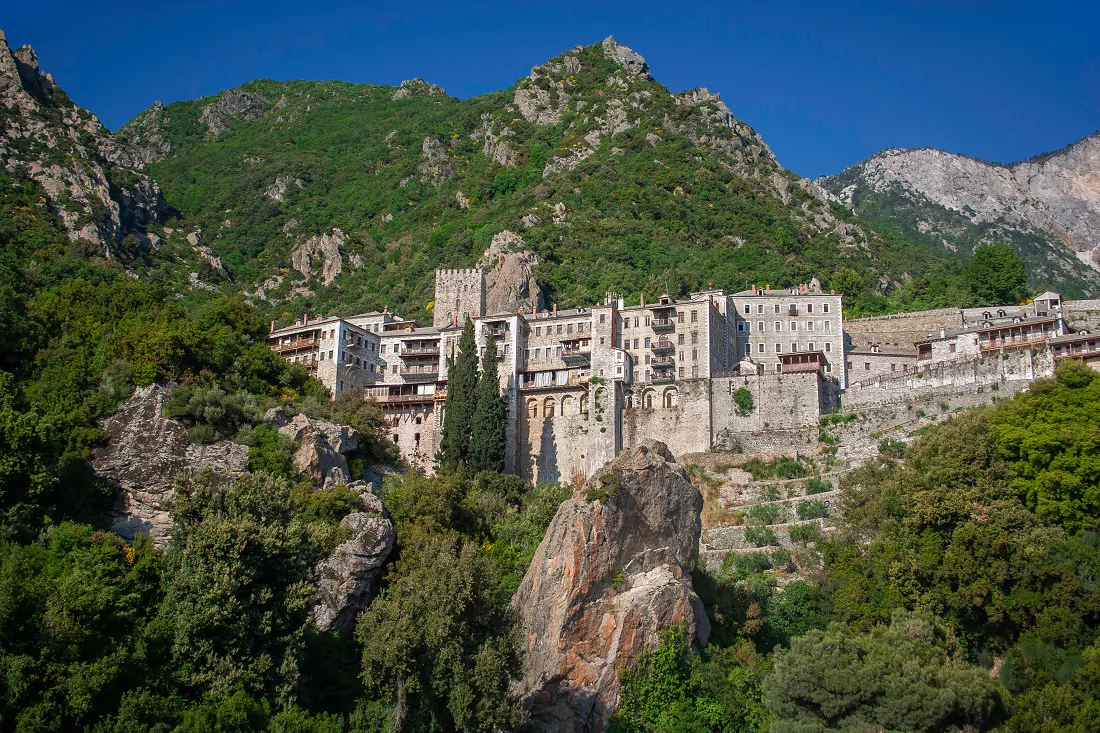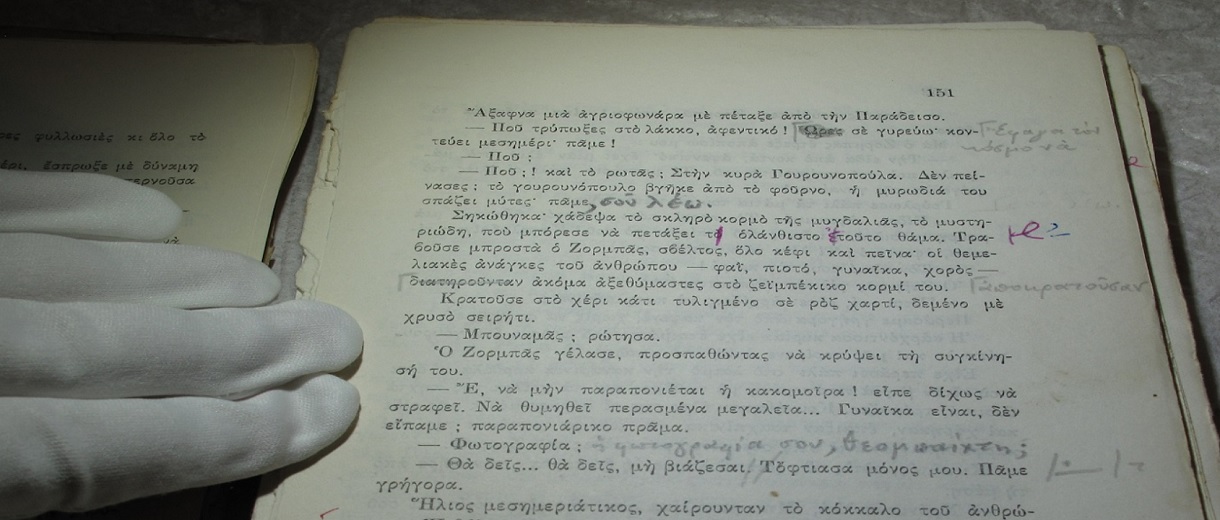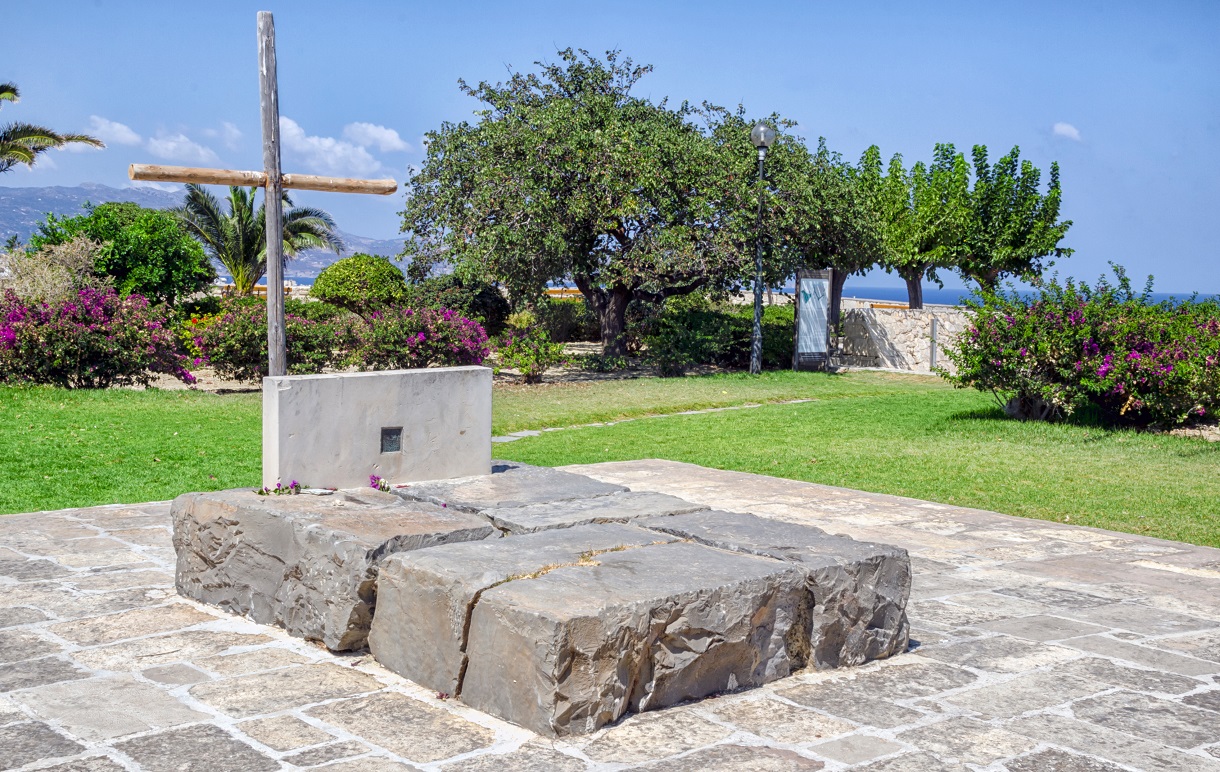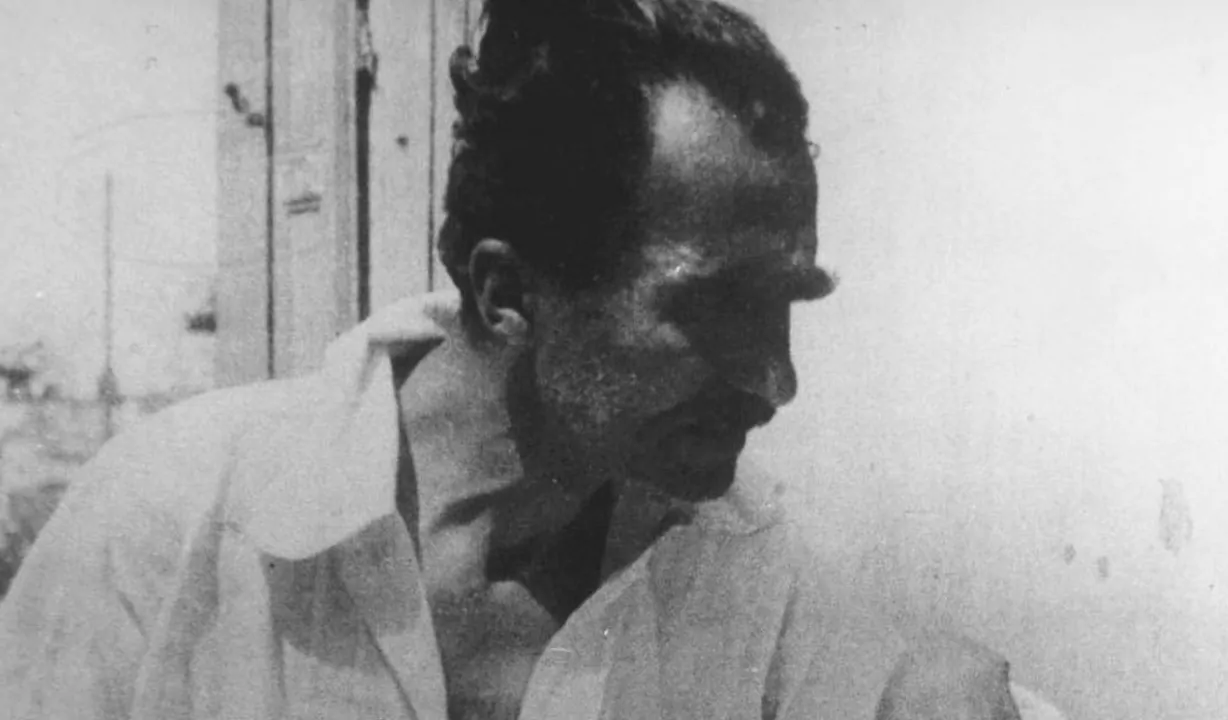Nikos Kazantzakis is the most widely translated Greek writer in the world. He was admired and respected by everyone, and he influenced both Greek literature and European culture. He was a writer, poet, politician, and journalist, but more than anything, he was a philosopher. The gifted Kazantzakis made everything he touched seem easy and clear. His quotes about life and God will always inspire us!
Aristotle’s quotes that will change your way of thinking
The early years of Nikos Kazantzakis

He was born in Heraklion, Crete on March 3, 1883, when the island was under Ottoman rule. The Cretan uprisings that followed, shaped the living conditions for Michalis Kazantzakis’ family, Nikos’ father. Young Nikos went to Naxos and then to Athens, where he studied French and law. He produced his first literary works before he graduated in 1906. One of them, the play “Dawn”, won a prize and was staged in Athens. Kazantzakis, who was unknown until then, started to gain recognition!
A year later, he went to Paris for further studies. There he met significant people and broadened his circle and knowledge. He came back to Greece with a stop in Italy. He pursued his literature and translated French, English, German, and ancient Greek texts for a living.
The trip to Mount Athos

In 1914, after volunteering in the First Balkan War, he traveled with the poet Angelos Sikelianos to Mount Athos. They stayed in the monasteries for forty days - an experience that affected his view of religion. N. Kazantzakis read not only the Gospels but also Buddha and Dante and together with Sikelianos they dreamed of creating a new religion. It is known that in 1915, Kazantzakis wrote a book that is not preserved - it is assumed that it was about Mount Athos.
Two years later, the Greek writer was in the Peloponnese for work and destiny made him meet George Zorbas. The worker he had hired was the inspiration for him to write, much later, "The Life and Times of Alexis Zorbas ". The following years found him, mainly, between Greece and France. Various political and social events made Kazantzakis travel often. He also spent time in Switzerland, Austria, and Germany. Wherever he was, he never stopped writing.
In 1923 he finished “Ascetic”, a book he had planned a year before. He continued his travels. He went to Egypt and Russia. For the Russians, he wrote articles in Pravda, travel stories, novels, and historical texts. In 1928 he altered the ending of “Ascetic” by adding the chapter “Silence”. Two years later, Greek authorities threatened to prosecute him for atheism. The reason was the “Ascetic”.
The important work of writing

In 1931 Nikos Kazantzakis came back to Greece and settled in Aegina. There, in 1938, he completed the eighth and last writing of the Odyssey. During the Second World War, he worked on the translation of the Iliad, while he planned the book “The Memoirs of Christ”, which was the basis of “The Last Temptation”. In 1948 he wrote and revised two months later the novel “Christ Recrucified” and a year later he began writing “Captain Michalis”.
In 1951 he finished “The Last Temptation”. Two years later, because of an infection in his eye, he lost his vision on the right. At the same time, the Greek church started to persecute him for some of what he wrote in “Captain Michalis” and for “The Last Temptation” - even though it had not been published in Greek yet. In 1954, the Pope put “The Last Temptation” on the list of forbidden books.
The end of Kazantzakis

He found out that he had benign lymphoid leukemia. In June 1956, he got the Peace Prize but missed the Nobel Prize. A year later, he had many health issues and the Asian flu hit him. Nikos Kazantzakis died in Germany on October 26, 1957, at 74. His body was taken to Athens, but the archbishop of Athens and all of Greece, Theoklitos II, denied him a public funeral. He feared trouble from anti-church groups. Kazantzakis’ corpse was moved to Heraklion. His tombstone said, as he wanted: “I hope nothing, I fear nothing, I am free".
Quotes by Nikos Kazantzakis about life and God
Kazantzakis’ words on life and God show his amazing philosophy and his learning and attitude towards life. His quotes can motivate us and help us in our lives.
Our life is a lightning bolt… But we have time
Don’t bother to ask, “Will we win? Will we be beaten? just fight"
There are no ideas, only people who have ideas, and they take the shape of the person who has them.
There is a hidden rule in this world, without it, the world would have been destroyed long ago, harsh and unbreakable: evil always wins at first and always loses at the end.
The right way goes uphill.
I don’t fear God, he understands and forgives. I fear people. They don’t understand and don’t forgive.
Lying is cowardice.
Love responsibility, say I, I alone will save the world. If it is lost, it’s my fault
Stone, iron, and steel can’t stand. Man can.
The devil can only go to Hell, the angel can only go to Paradise and man, wherever he wants!
What never happened is what we didn’t want enough.
Flowering rock of woman’s body.
The four pillars of this world: are bread, wine, fire, and woman.
The chest, the holiest form of theory is action.
If you can, face fear, and fear will be afraid and leave.
Love the man because he is you…
You have the brushes, you have the colors, paint paradise, and go in.
Every Greek who doesn’t make, at least once in his life, a bold choice, betrays his people.
Poor man, you can move mountains, do wonders, and fall into dirt, laziness, and betrayal! You have God in you, God you carry and you don’t know it—you only find out when you die, but then it’s too late.
As long as there are hungry children, God doesn’t exist!
Greece still lives, I think it lives through repeated miracles.
We come from a dark abyss; We go to a dark abyss; the bright space in between we call it Life.
I hope for nothing. I’m not afraid of anything. I’m free.
Did you know that Nikos Kazantzakis...
… visited 30 countries. In “Life and Times of Alexis Zorba” he wrote: “In my life, my greatest benefactors have been travel and dreams”. Take a tour of the Kazantzakis Museum.
Travel to Greece – Google News – Follow us
Quotes from Onassis that Left a Mark in History
Castle of Ioannina: The castle town that is still inhabited – What does Its Kale mean?




